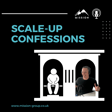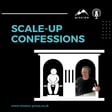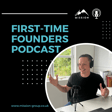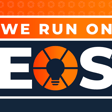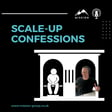
Preview of Alice Jordan's masterclass at the 'We Run on EOS' European Conference (27 Sep 24)
Can the Leader of an entrepreneurial company ever 'outgrow' being accountable for People & Culture? And if you do need a 'People Person', what’s the difference between an HR Manager, a Leader of People and Culture and a Business Leader (and which of these does a growing company need, when)? Are your people ready to fulfil your growth aspirations?
Alice Jordan is well-placed to answer these and all your People and Growth Agenda questions, having spent the first 20 years of her career in senior people roles in big companies and having since led more than 300 sessions as an EOS Implementer, helping entrepreneurial leadership teams build really strong, heart felt cultures to drive growth and productivity.
Alice will be hosting a masterclass at the EOS European Conference on 27 September in London titled “Preparing Your People Agenda for Growth” (13:10-13:55, in the Main Space).
Get your ticket here: https://lnkd.in/erpXCMcK (ask your EOS Implementer for their discount code for 40% (c. £200) off or please feel free to use code "EOSI-RobL" if you don't have one)
